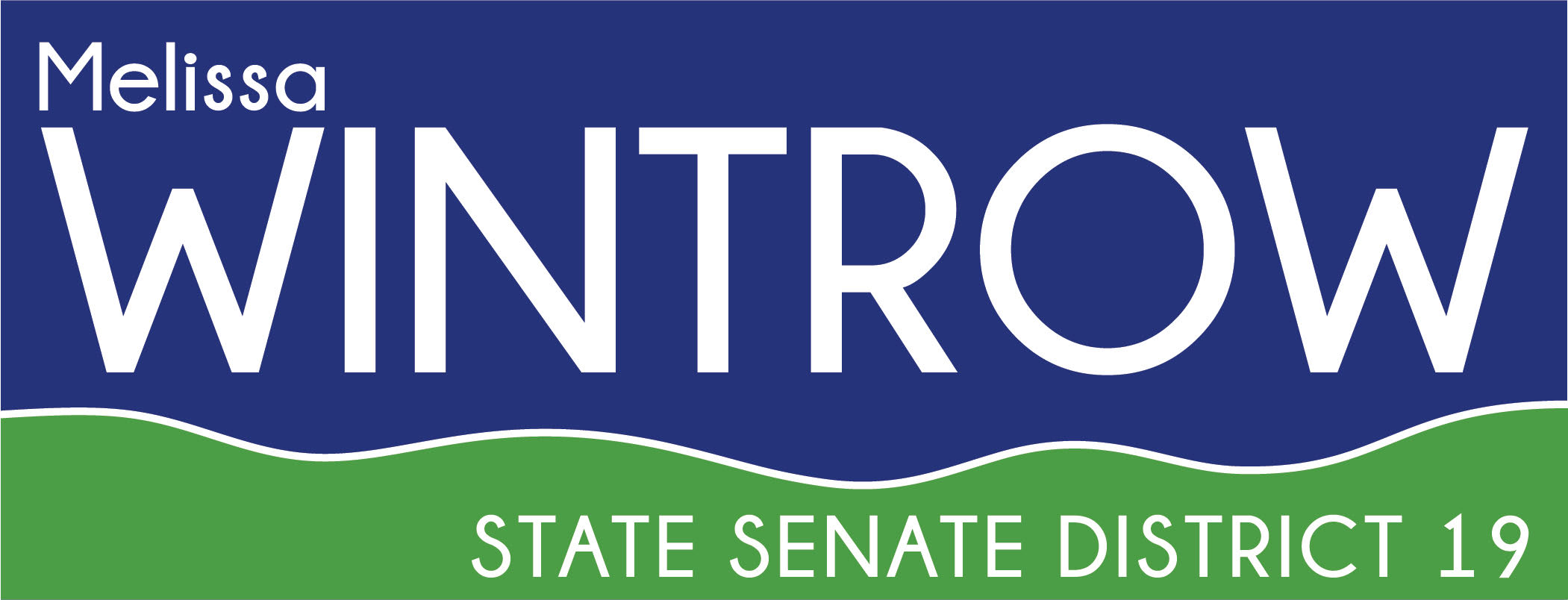Opposition to “social justice” by the Idaho Legislature, while troubling, is not surprising. If you are in a majority, who has experienced power and advantage, it’s uncomfortable to admit you’ve been part of an unfair system. This may be why Republican politicians are defunding education programs that teach a more complete story of American history and enhance support for people who have been historically denied access or not been welcomed.
Republican legislators have leveled an assault on higher education programs addressing what they define as “social justice” issues. They cut Boise State’s budget because they felt threatened by diversity/inclusion programs, which are shown to have positive impacts on graduation rates. GOP legislators killed an early education bill earlier that week from fear children would be introduced to “social justice” teachings — coursework emphasizing acceptance and tolerance of all people. Quoting one legislator, these programs would also “encourage women to leave the home,” so the majority voted against funding early learning.
Sexism and paternalism are alive and well in the legislature. Sentiments about a woman’s “proper” place in society simmer under the surface until they bubble up in votes like these, and he’s not alone. We see it in decision after decision. We couldn’t pass a simple bill to expand access to prescription contraception for women. We don’t have full-time kindergarten or preschool because of sexist attitudes about a woman’s so-called role. After fighting year after year to raise awareness about sexual and domestic violence, they wouldn’t pass common sense legislation to keep firearms out of the hands of convicted domestic abusers.
Just this week two other representatives felt entitled enough to try to de-fund Idaho Public Television, with a viewership of 500,000, because Clifford the Big Red Dog had two moms and Daniel Tiger’s Neighborhood addressed racism.
Clearly, if you don’t fit in the majority, you will be silenced, de-funded, erased…dare I say canceled due to fear that traditional culture will be pushed aside.
This backlash against “justice for all” is not uncommon. As we look back on every movement for social justice and equal rights in our country, there has been a coinciding backlash. When people in power feel their way of life is threatened, a common reaction to protect and fight back emerges. However, our fight shouldn’t be against everyday citizens just trying to make a living and get by; it should be a fight against the myths of meritocracy and individualism that have been ingrained in education and culture. I was taught growing up if you just worked hard enough, you could do anything, but that’s really not true.
We have all been indoctrinated into a false narrative of our history. Policies and laws in our country have been enacted to work against people not in the majority. A quick Google search reveals what my public education left out about being American and the difficulty accessing the American Dream if you aren’t in the majority.
I was taught about the founding fathers, but I wasn’t told they owned slaves. I was taught the Thanksgiving story, but not the Trail of Tears and genocide of indiginous people. I learned about Abraham Lincoln, but not the Great Compromise deeming Blacks as ⅗ of a person, nor about lynching or Jim Crow. I heard references to Susan B. Anthony, but never about Sojourner Truth who stood before a crowd in 1848 at the first Woman’s Rights convention where she declared, “ain’t I a woman, too?” I was taught nothing about the Great Migration, and nothing about “redlining,” the Government’s practice to segrate and deny property ownership to people of color. I learned about the Civil War but not the Confederate Cornerstone Speech that used Christianity to justify slavery.
My public education reflected the values of the “majority;” it wasn’t until an educator challenged my own thinking that I began to examine what “liberty and justice for all…” meant to those not in the majority. Educators are demonized for encouraging critical thought and inviting us to lean into discomfort as we learn a more complete narrative about our history. Social justice programs are merely set up to open our minds to a more inclusive truth.
Being from the white majority, I may not be responsible for past oppression, but I am responsible for righting wrongs and acknowledging how I have benefitted from that privilege. And if we are going to achieve “justice for all,” we must look beyond what a quick Google search tells us and beyond what makes us (the majority) feel comfortable. Justice is found in first acknowledging a complete narrative and then breaking down the barriers to opportunity.
